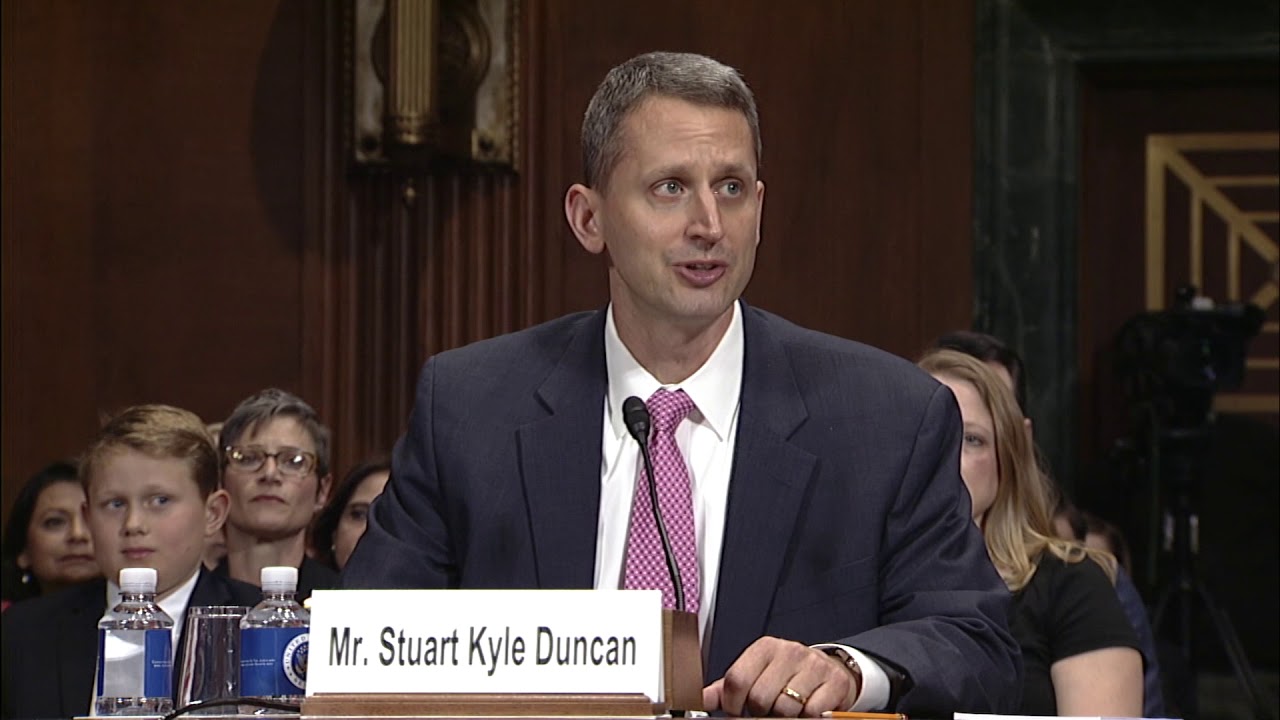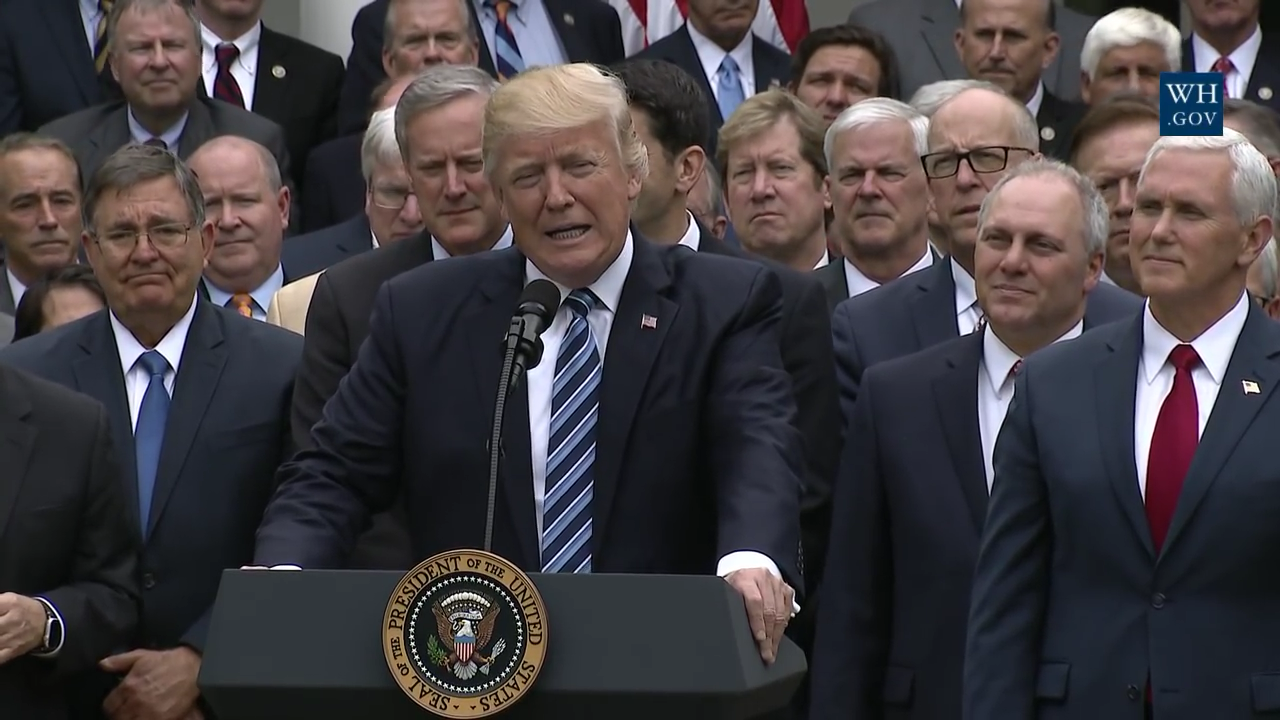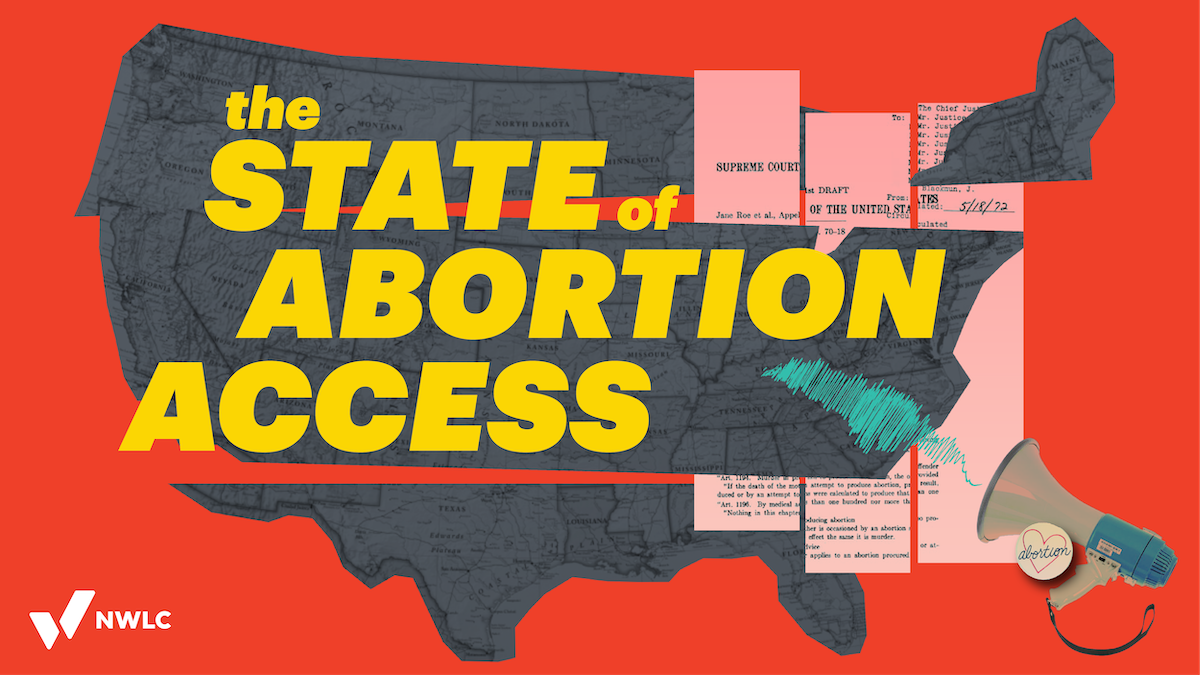Texas, Continually Trying To Be the Worst State for Women and LGBTQ Folks


I spent a good amount of my childhood – 1/4 of my life – living in Texas. Sometimes, I miss it. I miss the authentic tortillas and tacos. I miss the smoked brisket, always served with half a loaf of white bread. And during the swampy DC summers, I miss the dry heat. When I think about my time as a child in Texas, I can get a little wistful…
But then I remember I am a woman of color of reproductive age and that Texas is one of the worst states for people like me and other marginalized people. None of my good childhood memories can erase that fact. And millions of people who are still living in Texas are facing relentless attacks on their rights, health, and economic security.
Politicians in Texas have been particularly eager to play politics with women’s, LGBTQ folks’, and children’s lives this month, so we have decided to highlight just 4 reasons why Texas is the worst:
- Texas is still passing unconstitutional abortion restrictions. In the most sweeping anti-abortion bill since HB2 – the state’s abortion restrictions that were held unconstitutional by the U.S. Supreme Court in 2015 and cost the state over $4.5 million in taxpayer dollars to defend – the Texas House advanced two new unconstitutional abortion restrictions this past weekend and the state Senate is expected to pass them easily as well. The first restriction would ban one of the safest and most commonly used abortion methods after the first trimester, which could subject women to medical risk or force some women to go without an abortion altogether. Similar restrictions have already been blocked by the courts in four states. The second restriction would ban the sale (which is already prohibited by federal law) and donation of fetal tissue. These restrictions have been tacked onto a callous bill that would codify the state’s “fetal burial rule,” which requires a woman who has an abortion or miscarriage to plan and pay for burial or cremation of the medical tissue. Texas’ fetal burial rule has already been blocked by a federal court.
- The Texas House tried to secretly pass a bill to discriminate against LGBTQ students. It was a busy weekend for the Texas House. Not only did they work on a Saturday to pass abortion restrictions, they debated throughout the night on Sunday – in hopes that LGTBQ advocates wouldn’t notice – to advance a bill that would prohibit transgender students from using the school bathroom that matches their gender identity. This bill is similar to the wildly unpopular and discriminatory bill in North Carolina that is currently being challenged in the courts. Like in the North Carolina case, proponents of the bill in the Texas House rely on stereotypes and invented threats to women and girls to justify placing the health and safety of transgender children at risk.
- The Texas Senate also passed an anti-LGBTQ bill in the middle of the night. Not to be outdone by the House, the Texas Senate also passed a bill on Sunday night allowing foster care agencies to refuse to place children with non-Christian or LGBTQ parents based on the agency’s religious beliefs. Laws like this, that allow for discrimination against LGBTQ people who are ready to provide loving, stable homes to children, place the religious views of state-funded agencies above the best interests of these children. Moreover, the bill allows these agencies to deny children in their care needed reproductive health care such as abortion and birth control – a practice which the public firmly opposes.
- Texas wants federal dollars to help the state undermine women’s health. Five years ago, Texas decided to forgo federal Medicaid funding, funding that served over 100,000 low-income women, just so the state could cut Planned Parenthood from its state’s women’s health Medicaid program. Planned Parenthood served over 40% of the women’s health program patients. A study in the New England Journal of Medicine has found that as a result, over 30,000 fewer patients were served in 2016, birth control use has gone down, and births paid for by Medicaid have increased significantly. Now, Texas has applied to the Trump administration to get federal funding back. But the state still doesn’t want to follow federal law and reimburse Planned Parenthood for serving Medicaid patients – meaning even if the state gets approval from the federal government, lower-income women in Texas will still have nowhere to go for family planning services.
In sum, I have to say thank you for the childhood memories, Texas, but you are the worst. Luckily, there are some amazing people that are resisting and persisting in Texas who give me hope that the state will one day live up to the great place it is in my memories.




